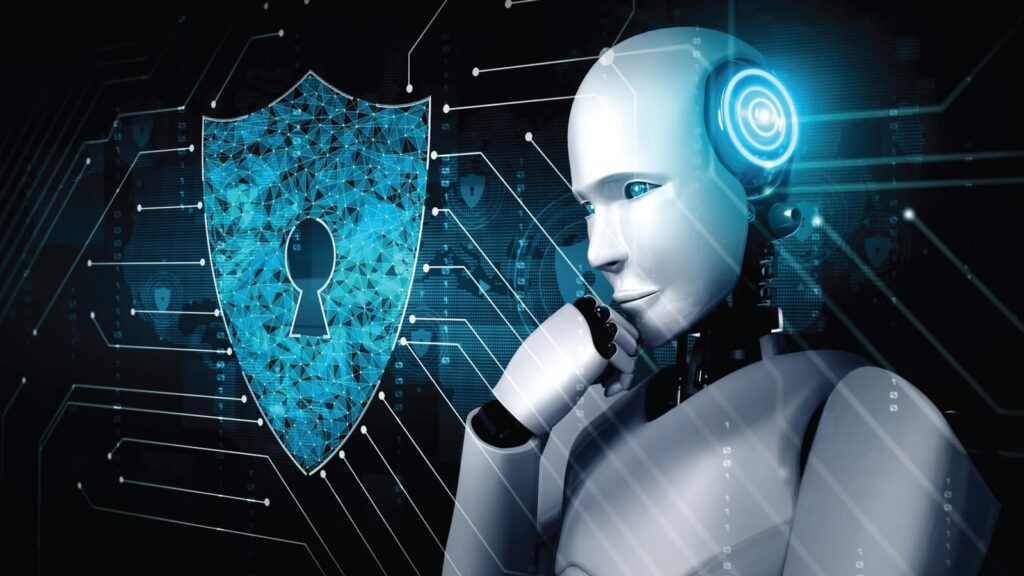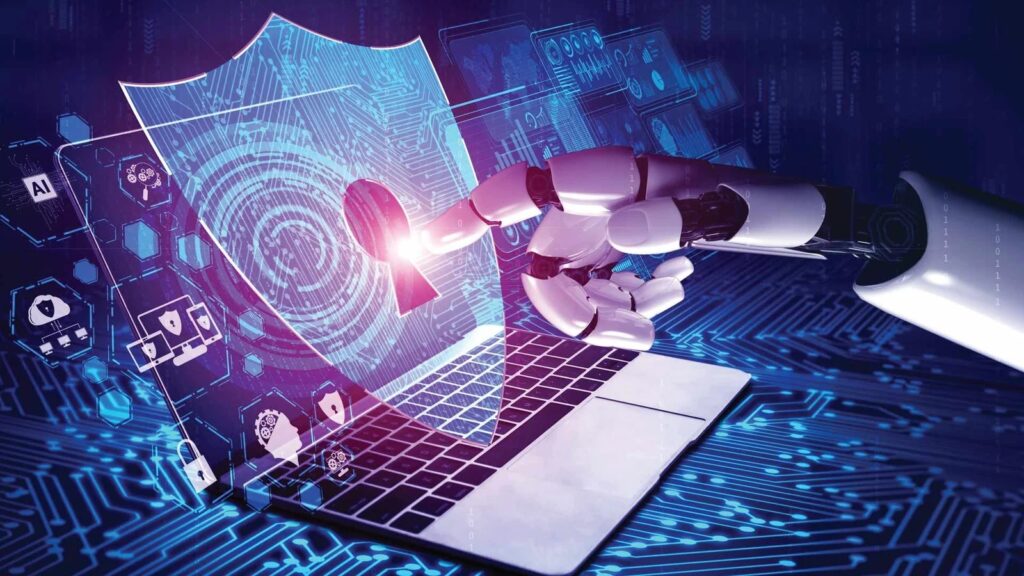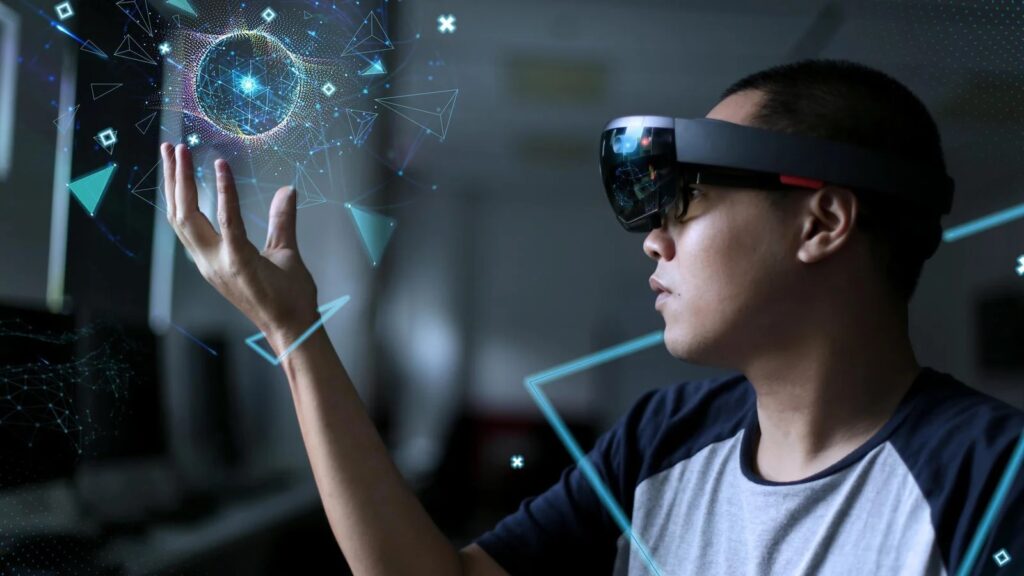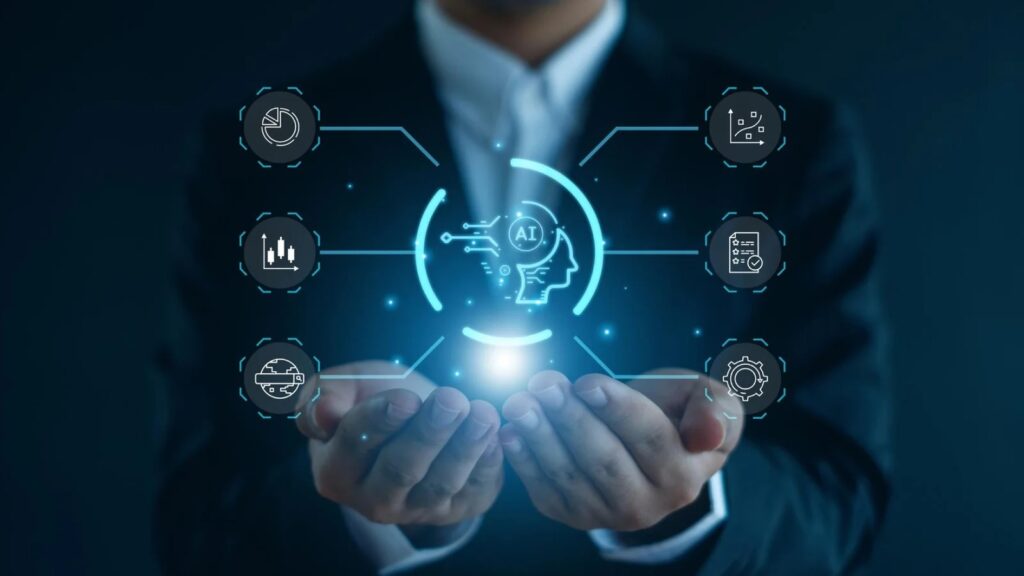
Driving Change in Workplace Dynamics via OSH Software
As we move through an era defined by rapid technological advancement and intense competition, ensuring employee safety and well-being has become more critical than ever. In response to the alarming statistics from the International Labour Organization (ILO)—which reports around 2.3 million global fatalities each year due to work-related incidents or illnesses—artificial intelligence (AI) is emerging…

Kevin Bocek, Chief Innovation Officer at Venafi – AITech Interview
Hello Kevin. We are very excited to have you onboard. Could you tell us about your journey that started in cybersecurity and now has led you to be known as a renowned author? I started my career journey as a developer and found myself working most often on cybersecurity issues. Applications needed to authenticate users…

Are We Keeping Pace with the Threats?: AI Agents in Cybersecurity
As the global cybersecurity landscape grows increasingly volatile in 2025, one truth is undeniable: AI agents can no longer be viewed as experimental or optional. They’re transitioning from supportive tools to essential frontline defenders. Yet, despite their growing promise, executive teams still wrestle with a critical question — are these AI-powered technologies evolving fast enough…

Ken Sutton, Co-Founder and CEO at Yobe – AITech Interview
Ken, as the Co-founder and CEO of Yobe, your work with VIENNA is transforming voice technology. Could you start by sharing how VIENNA is revolutionizing industries with its ability to extract precise voice data and provide emotional analytics? VIENNA is a cutting-edge voice extraction solution designed to revolutionize how businesses capture and analyze voice data….

AI and Data Security: What to Expect in 2025
The speed at which cyber attackers are moving presents some massive challenges that organizations must be prepared for in the coming year, especially as innovations like generative AI continue to proliferate. It’s no surprise as generative AI matures and is adopted by more enterprises that threats against data security will continue to grow. We already…

DRUID AI, Chief Product Officer, Dan Balaceanu – AITech Interview
Hi Dan, please share a bit about yourself and your professional background. Also, tell our readers what led you to your current role at DRUID AI. Hi, I’m Dan Balaceanu. I’m the Chief Product Officer and co-founder of DRUID AI. I’ve spent over 20 years building enterprise-level business applications – which provided me with learnings…

Rewriting the AI Narrative Through XR in 2025
The buzz around GenAI technologies in the workplace is unmistakable. According to a report from Menlo Ventures, business spending on GenAI surged 500% from 2023. Despite the increased spending, realizing the impact of the GenAI gold rush has proved difficult. As we head into the new year, business leaders must prioritize finding value and impact,…

DataOps.live, CTO and Co-founder, Guy Adams – AITech Interview
Hello Guy. We are elated to have you at AI Tech Park. Could you please tell us how DataOps.live came to fruition and give us a brief about your role as CTO at DataOps.live? I’m delighted to be here! We came up with the inspiration for DataOps.live from our experience leading a tech-forward Systems Integration…

How Do AI Agents Differ from AI Assistants?
The rapid acceleration of the AI revolution raises a vital question for companies: Are AI agents fundamentally different from AI assistants, or are they just newer iterations of the same technology? For organizations investing in AI-driven transformation, understanding this distinction is critical—it marks a strategic pivot in how AI is deployed across business operations. The…